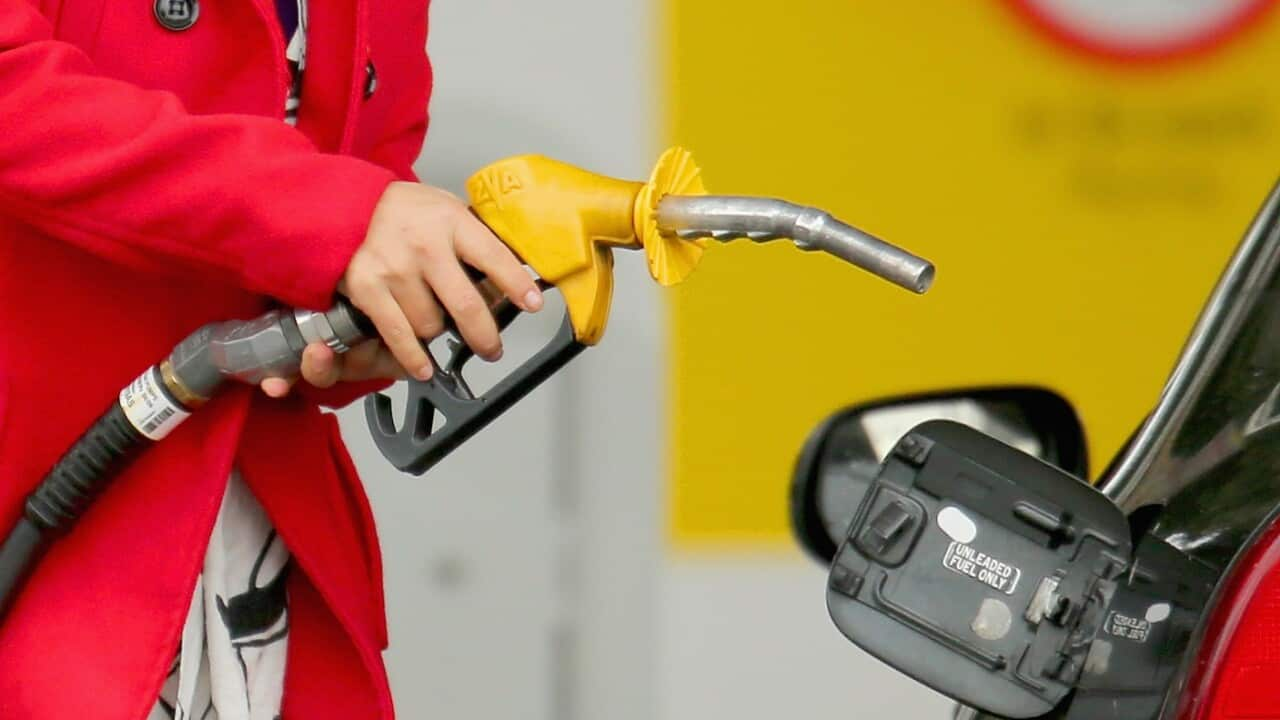With the cost of living still biting, the Coalition says it will lower petrol prices if elected.
Opposition leader Peter Dutton has proposed halving the fuel excise for 12 months — dropping it from 50.8 cents a litre to 25.4 cents.
The measure is expected to cost $6 billion if it goes ahead, and is touted to deliver taxpayers a saving of $14 per week.
But in a global context, are Australians really paying too much at the bowser — and would cutting taxes on petrol actually help ease the pressure?
Where Australian petrol prices sit on the global stage
While it might feel like your bank account is being drained every time you fill up, Australians actually pay less per litre than many other countries.
According to GlobalPetrolPrices.com, the average cost of petrol in Australia is $1.65 per litre — well below the global average of nearly $2 per litre.
In the United Kingdom, the average is $2.79, while European countries such as Iceland ($3.70), the Netherlands ($3.25) and Italy ($3.04) fork out almost double Australia's rate.
In contrast, the United States averages just under Australia at $1.45, with Vietnam ($1.27), Indonesia ($1.32) and Malaysia ($0.73) coming in even lower.

While Australians may feel the pinch every time they fill up, petrol prices in Australia are lower than those in many other countries. Source: SBS News
Yogi Vidyattama, an associate professor at the University of Canberra's School of Politics, Economics and Society, says Australians are "in the middle" when it comes to fuel taxes globally.
"In general and in the world context, the base price is quite similar," he says of petrol prices around the globe.
"It is more expensive than the US, but it's lower than European countries because of that high excise."
In the European Union, for example, each member state is required to levy a minimum of €0.36 (61c) per litre on petrol and €0.33 (56c) on diesel.

Australia fares comparatively well when it comes to fuel excises. Source: SBS News
"Australia has lower fuel taxes than most OECD countries," he told SBS News. "As a result, Australia's petrol prices are less than in most OECD countries." The OECD is a grouping of 38 countries with large market economies.
When it comes to placing these prices against our average wages, Australia starts to fare even better.
Vidyattama estimates that each household in Australia consumes around 30 litres of petrol a week, which equates to about $60, or 3 per cent of the average income in Australia.
But global prices don't tell the full story
While Australia may have a lower fuel excise than many countries, that doesn't mean the tax's overall impact on household budgets is small.
For one, Australia is a car-dependent country — far more reliant on vehicles than many other OECD nations, especially those in Europe.
"Even in the US, the level of public transport is much better than Australia, especially outside the capital cities," Vidyattama said.
Hawkins agrees: "Australians drive more than Europeans because our cities sprawl and we don't have as good public transport, making us more car-dependent."
According to the 2022 Census, the average Australian household owns 1.8 vehicles. More than 90 per cent of households reported owning at least one car, and over half (55 per cent) had two or more.
"It just shows how dependent Australia is on the car — and therefore, on fuel," Vidyattama said.

Looking to save on your petrol prices? Data says you should fill up more often. Source: SBS News
He also notes that geography plays a major role. "Where you live and the quality of public transport in those areas affects how much the fuel excise actually impacts your daily budget."
Hawkins adds that Australians also tend to drive larger, less fuel-efficient vehicles — another factor in our overall petrol spending.
So, would cutting the excise help?
In its budget reply, the Opposition proposed to cut the fuel excise from 50.8 cents a litre to 25.4 cents. It said the cut would save a driver who fills up the average 55-litre tank each week about $14 a week.
But Vidyattama is sceptical. "I was thinking that the number is inflated," he said.
Hawkins says the figures seem to be based on the assumption that households are spending $10,000 a year on petrol — something that may only be true for a small number of people living outside major cities.
And, as Vidyattama points out, not everyone will benefit: "Those who don't drive will see no benefit from the excise drop."
While the proposed changes might nudge prices down slightly, the savings may not be significant for every household — particularly those with better access to public transport or lower fuel needs.




